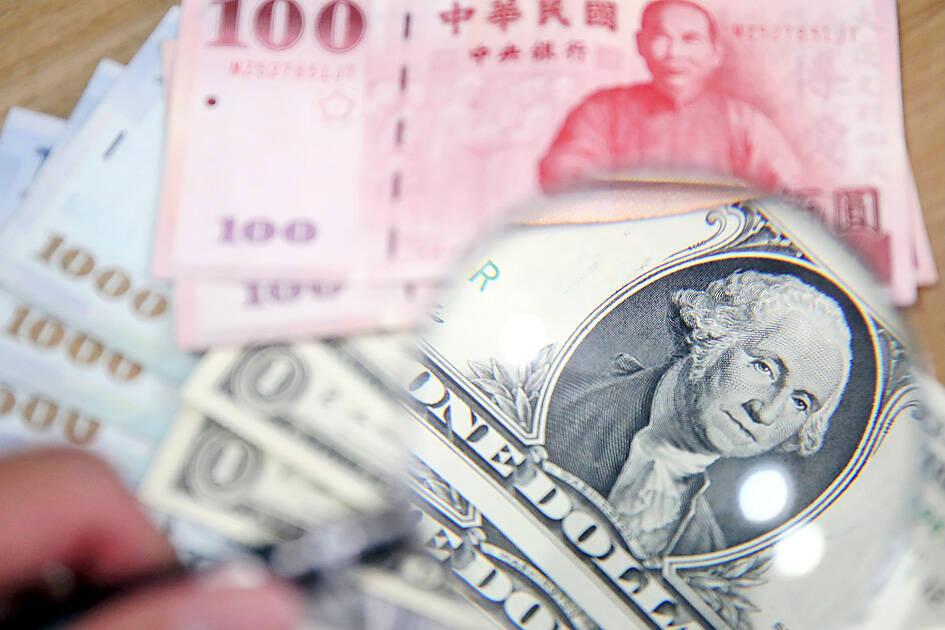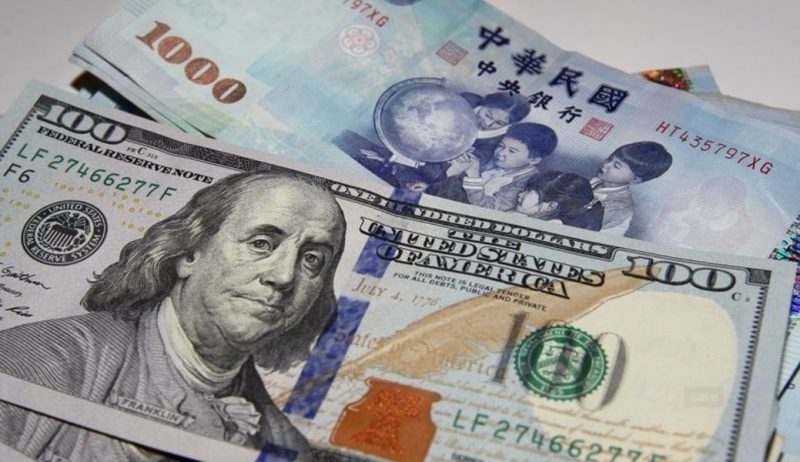Taiwan’s currency experienced its biggest surge against the US dollar in May for the first time in almost 40 years. Some money managers revealed to Bloomberg that the trend indicates a major shift in the way Asia is pushing de-dollarization. The local currency’s spike signals the acceleration of a bigger movement where Asia gains the upper hand in the financial sector. Investments are being poured into the Asian markets while the US-based financial assets are seeing a dip in an influx of funds.
Also Read: European Union Sidelines US Dollar, Backs Euro as Next Global Currency
Taiwan’s Currency Rises 3% Against the US Dollar, Shocks Forex Traders


The Taiwan dollar jumped by about 2% in the day’s trade but the rally didn’t stop there. By the time the closing bell rang, Taiwan’s currency was up about 3% against the US dollar. This recorded the single largest one-day advance since 1988. Taiwan’s dollar is normally a sedate currency and the spike has taken forex traders by surprise. Currency traders are now highly alert as the risk to the USD is real as the DXY index is struggling to climb above the 100 mark.
Also Read: Goodbye US Dollar: ASEAN Nations Sign Deals To Trade in Local Currency
Rebecca Choong Wilkins said in a recent Podcast on Big Take Asia that emerging economies are rewiring ties with the greenback. The region’s economies are moving investments back home rather than park them in the US or other Western powers. This is what’s driving the shift and pushed Taiwan’s currency higher this month against the US dollar. The forex markets have seen leading Asian local currencies surging ahead of the USD since February this year.
“Eventually, the Taiwan dollar stabilized (against the US dollar). But the spike underscored a much larger issue: De-dollarization. A movement away from US assets, as markets grapple with shifts in US economic policy,” said Wilkins in the Podcast. She also called it a “big deal” as now sedate currencies are also moving ahead of the greenback.





